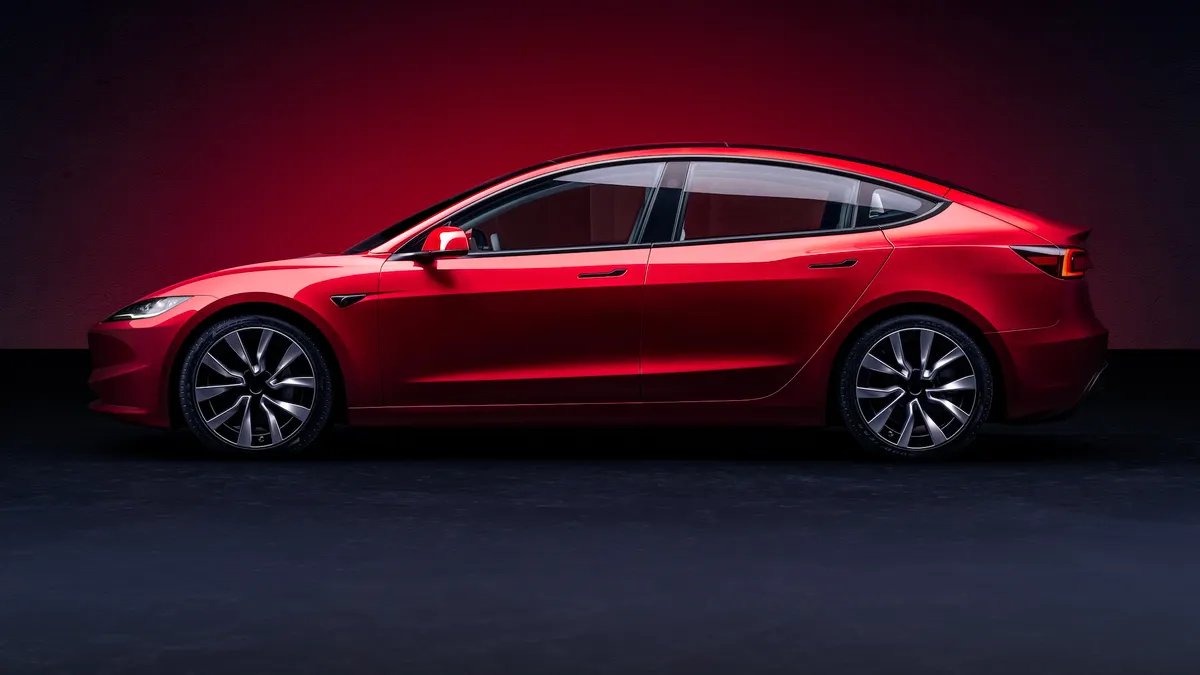Editor's note: This story is part of the WardsAuto digital archive, which may include content that was first published in print, or in different web layouts.
BRUSSELS – The European Commission issues guidance for its 28 member states on how to enforce controls on so-called “defeat devices” that have been abused, notably by Volkswagen, to bypass European Union emissions rules.
This advice also tells EU regulators how to restrict other emissions-abatement strategies used during laboratory tests for type-approval purposes, as well as when to allow such methods, under a waiver.
The guidance shows these government officials how to detect defeat-device use, telling them to pay attention to testing strategies that lead to higher emissions in hot, rather than cold, starts; “thermal windows,” where emissions increase outside certain temperature ranges; and other parameters, such as using timers in tests or using speed-modulating emissions-control systems.
Existing EU emissions-tests rules are far from clear. After the Dieselgate emissions-cheating scandal broke worldwide in September 2015, VW’s defense in Europe was that it was acting lawfully.
While the EU has banned defeat devices since 1998, European law allows automakers to use software or other techniques that lower vehicle emissions below required levels during testing for type approval when the action is justified for technical reasons, for example, to stop engine damage. But it was abuse of this waiver clause and lax enforcement that sparked the global scandal first discovered in the U.S.
In its ongoing revamp of testing procedures that followed the scandal, the EU is introducing real-driving-emissions controls that will replace laboratory tests with onboard portable emissions-measurement devices.
Another regulation enacted in May 2016 calls on automakers to disclose and obtain authorization for any emissions-abatement procedures used for type approval. The manufacturers would need to prove these systems limit increases in on-road emissions in a small way; that there is no better technology or design on the market that would allow for improved emissions control or safer engine operation; and that there would be “sudden and irreparable engine damage” without the strategy.
Unveiling the new rules Jan. 26, Elzbieta Bienkowska, European Commissioner for Internal Market, Industry, Entrepreneurship and SMEs (small and medium-sized enterprises), made clear emissions-abatement strategies within tests are “illegal unless technically justified in exceptional cases, and the burden of proof lies with the carmaker. Cheating cannot be tolerated.”
The Dutch Socialist member of the European Parliament that is chairing the assembly’s yearlong committee of inquiry into the scandal, Kathleen Van Brempt, tells WardsAuto she approves of the guidance “because it takes away the excuse member states have today to allow the massive abuse of defeat-device provisions by allowing car manufactures to switch off emission-control systems under conditions outside the laboratory-test environment.”
Van Brempt now wants to see national type-approval authorities follow the guidance. If they fail to do this and this puts an EU country in violation of type-approval laws (such as the ban on defeat devices), the European Commission – the EU’s executive branch – should take legal action against that country, she says.
But Van Brempt questions how the guidance will be applied: “It’s still unclear to us to what extent the guidance will (retroactively) be applied to existing vehicles. This, in our view, is certainly needed because we have a legacy of millions of polluting vehicles on the road with unjustifiable defeat strategies.
“If these vehicles are not recalled and recalibrated in order to make their emission-control systems operational under a broad range of normal driving conditions, they will continue to pollute the air for years to come. So, we will ask the Commission to clarify this.”
Chris Carroll, project coordinator on sustainable transport at BEUC, the European consumer-protection organization, also is skeptical about enforcement, telling WardsAuto: “The guidance is a step in the right direction, but ultimately it needs to be enforced. If there is anything that can be learned from Dieselgate and the application of EU rules, it is that car makers will try to find loopholes and get around soft member-state inspections.
“What we need is for the European Commission to have a much stronger role in overseeing type approval across the EU, and this requires a fundamental reform of existing type-approval and market-surveillance regulations,” Carroll continues.
“The Commission must be given a stronger responsibility to hold national governments to account by way of conducting inspections and audits of member state activities in an independent and transparent manner.”
The guidance draws a mixed reaction from Julia Poliscanova, clean vehicles and air quality manager at Transport & Environment, a not-for-profit environmental-advocacy group: “With the new Commission guidelines, EU member states will no longer be able to hide behind excuses that the law is vague and open to interpretation.”
But, she adds: “As guidelines, they are not binding, allowing governments to ignore them and protect domestic carmakers. Only a strong EU-wide regulator will ensure that cars in the future meet emissions standards in the real world.”


















